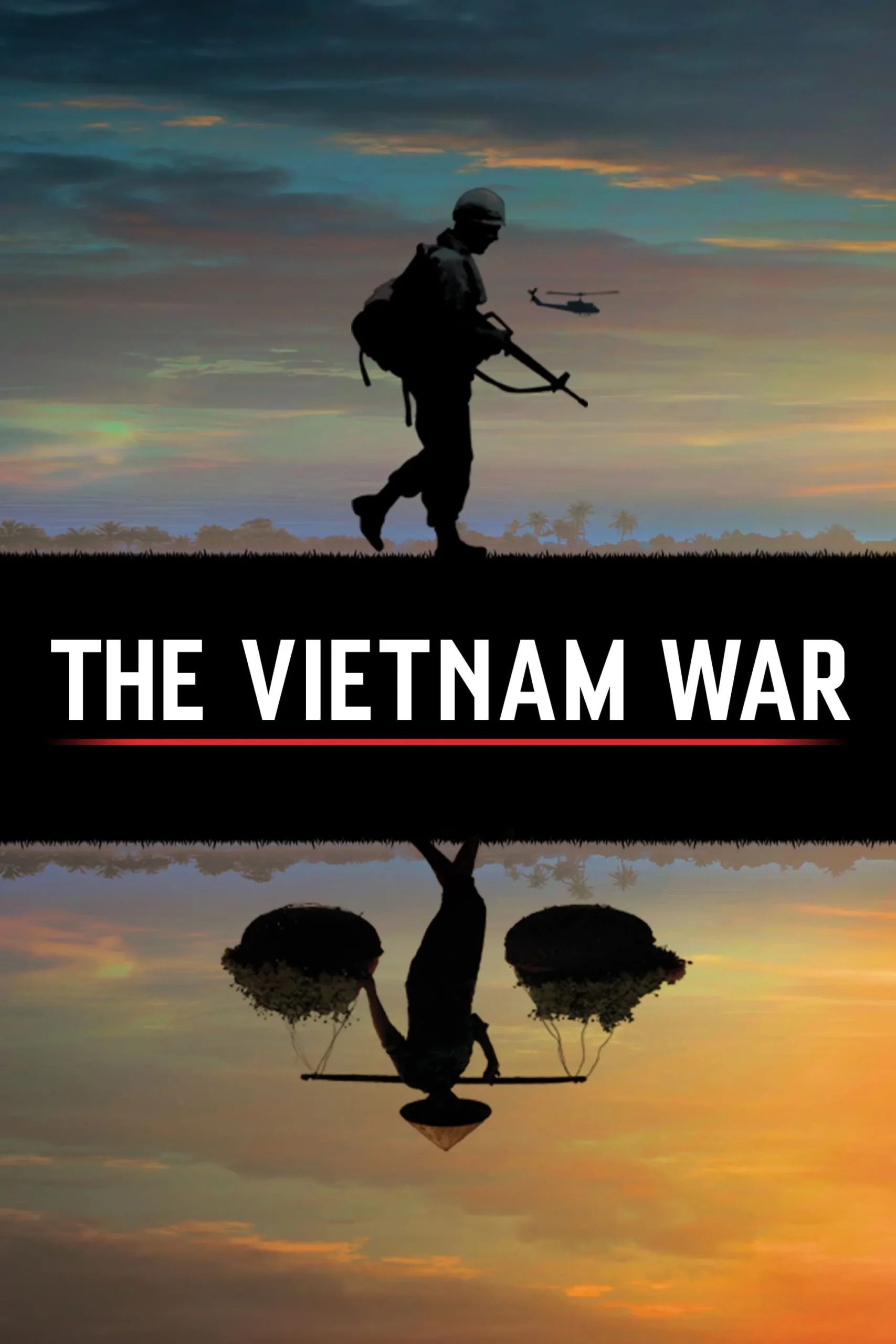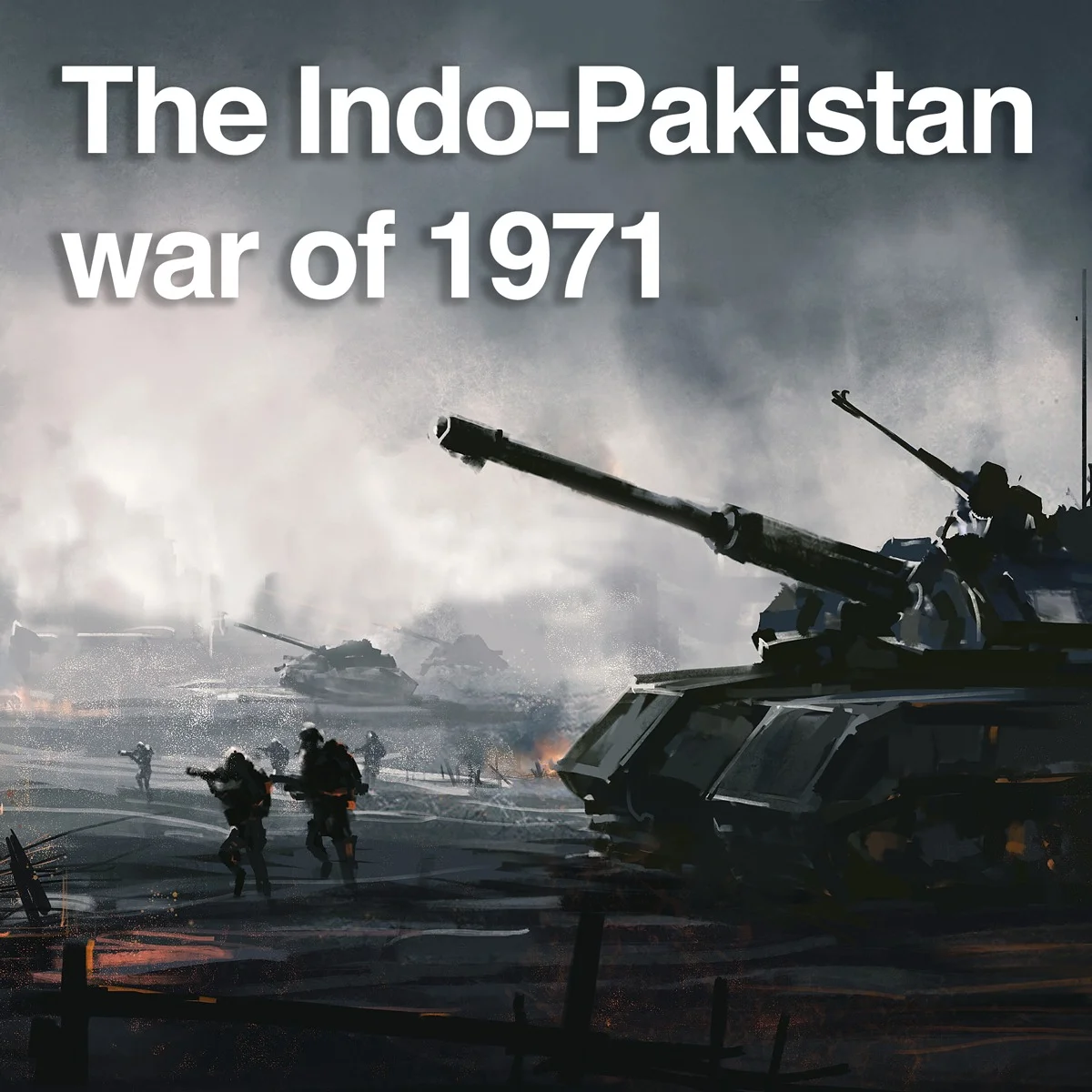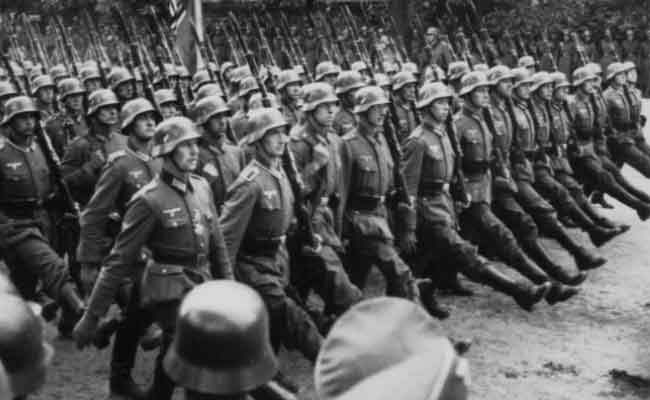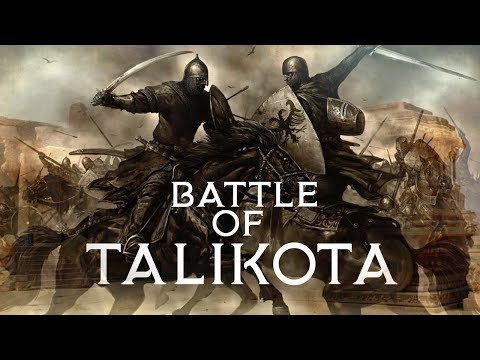The Vietnam War: The Vietnam War (1955–1975) was one of the most important conflicts of the 20th century, shaping the global political, military strategy, and socio-cultural landscape. fought primarily between North Vietnam (backed by the Soviet Union and China) and South Vietnam (backed by the United States and its allies), had far-reaching consequences. Below, we explore the significance of the Vietnam War from multiple perspectives.
Political and ideological implications of Vietnam War:
Cold War and containment policy
The Vietnam War was a crucial episode in the ColdWar, as it was largely driven by an ideological battle between communism and democracy. The United States, pursuing its containment policy, aimed to prevent the spread of communism in Southeast Asia. However, the war exposed the limits of U.S. military intervention and reshaped its foreign policy.
Deterioration and Change in International Relations
The prolonged conflict and eventual withdrawal of US troops marked a turning point in international relations. The war contributed to the policy of détente, which led to improved diplomatic relations between the United States, China, and the Soviet Union in the 1970s.
Evolution of Military Strategy and Warfare:
Guerrilla Warfare and Asymmetric Tactics
A defining aspect of the VietnamWar was the extensive use of guerrilla warfare by the North Vietnamese Army (NVA) and the Viet Cong. Their knowledge of the terrain and unconventional tactics, such as ambushes, booby traps, and tunnel systems, made it difficult for the US military to achieve a decisive victory.
Role of Air Power and Technology
The Vietnam War saw the extensive use of advanced military technology, including napalm bombs, Agent Orange, and air strikes. The war also introduced the concept of helicopter warfare, which revolutionized troop mobility and medical evacuation.
Social and Cultural Impact of Vietnam War:
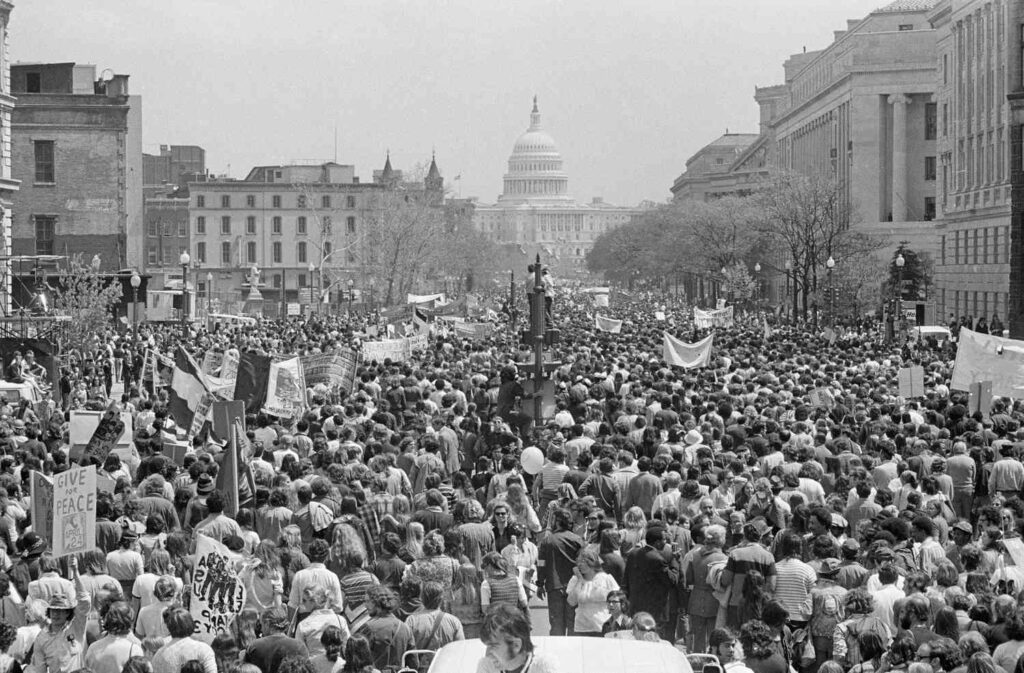
Anti-war Movement
The Vietnam War gave rise to one of the most significant anti war movements in history, especially in the United States. Mass protests, student demonstrations, and widespread dissent played a significant role in shaping public opinion and pressuring the government to withdraw troops.
Impact on the media and journalism
The Vietnam War is often referred to as the first televised war because of the extensive media coverage. Graphic images of war and suffering were broadcast directly into people’s homes, changing public perceptions and highlighting the brutal reality of war.
Economic consequences of Vietnam War:
Financial strain on the United States
The United States spent approximately $168 billion (over $1 trillion in today’s dollars) on the VietnamWar. This massive expenditure contributed to economic problems in the years that followed, including inflation and budget deficits.
Costs of Vietnam
Vietnam suffered widespread economic devastation. Infrastructure, agriculture, and industry were severely damaged, and it took decades for the country to recover. Despite reunification in 1975, economic hardship continued until the government introduced market reforms (doi moi) in the 1980s.
Human costs and consequences:
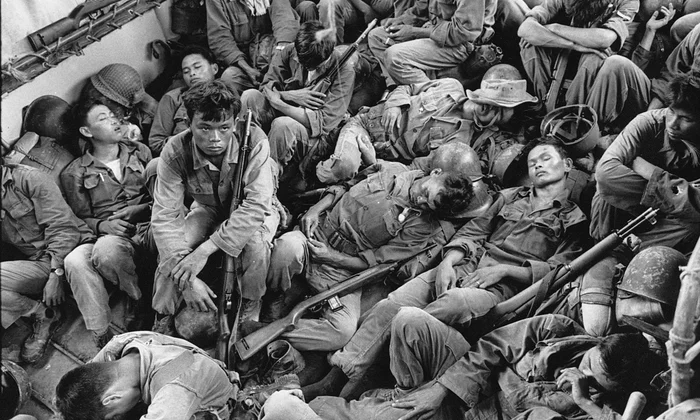
Killing and humanitarian crisis
The Vietnam War resulted in the deaths of over three million people, both soldiers and civilians on both sides. Millions more were injured and countless families were displaced. The war had long-term effects due to chemical warfare, with Agent Orange causing serious health problems for generations.
Refugee crisis
After the fall of Saigon in 1975, a massive refugee crisis arose. Many South Vietnamese fled the country, seeking asylum in the United States, Australia, and other countries. This led to the creation of a significant Vietnamese diaspora worldwide.
Long-term impact on Vietnam and the world:
Vietnamese reunification and economic reform
After the war, Vietnam was reunified under communist rule. The country initially struggled economically but eventually transformed into a rapidly growing economy after reforms were introduced in the late 20th century.
Lessons for Future Conflicts
The Vietnam War provided important lessons in military strategy, public opinion, and foreign policy. It led to the enactment of the War Powers Act (1973) in the United States, which limited the president’s ability to deploy military forces without congressional approval. The conflict also influenced future military actions, encouraging a more cautious interventionist policy.
The Vietnam War was more than just a war between North and South Vietnam – it was a defining moment in world history. Its political, military, economic, and social impact continues to shape policies and perspectives today. Understanding the significance of the Vietnam War helps us gain valuable lessons about war, diplomacy, and the human cost of conflict.
Read Also: The Korean War
![]()

